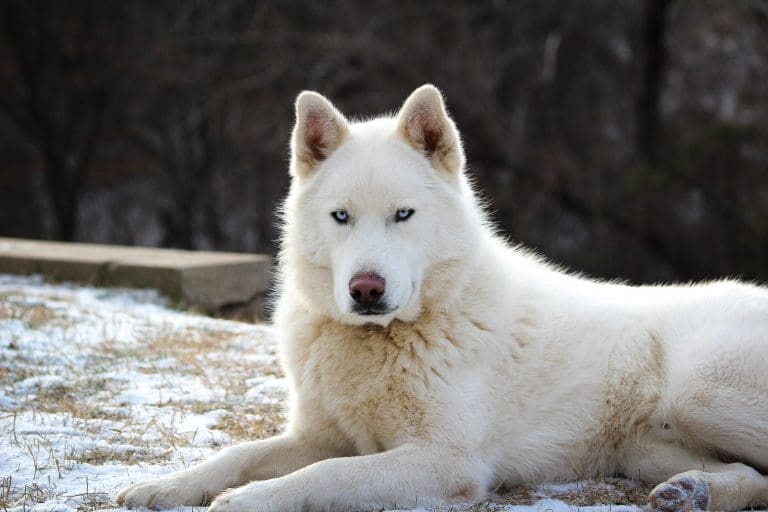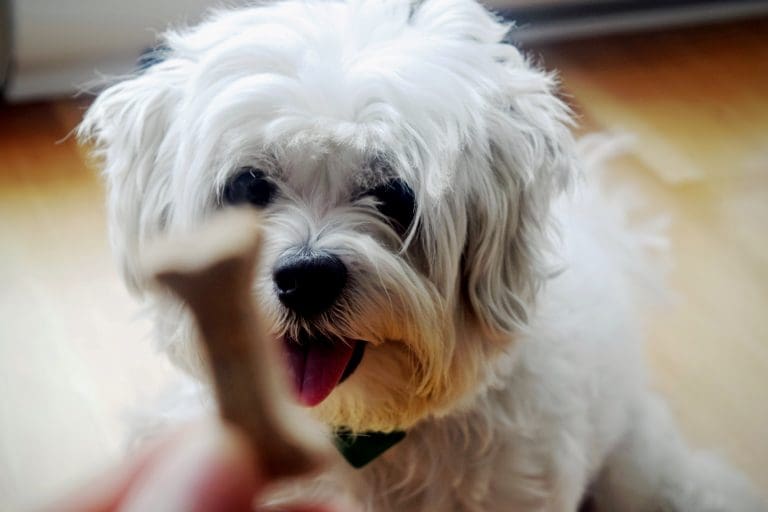Why Does My Dog Lick My Hands?
Post Date:
December 10, 2024
(Date Last Modified: December 13, 2024)
Many dog owners notice their pets licking their hands, a behavior that can be both charming and puzzling. This action often serves as a form of communication, revealing a range of emotions and needs. Recognizing the reasons behind this behavior can enhance the bond between you and your furry friend.
A Sign of Affection
Dogs express their feelings through various behaviors, and licking is a prominent one. When your dog licks your hands, it often signifies affection. Dogs are inherently social creatures, and licking can be their way of demonstrating love and attachment. It’s similar to a gentle hug or a warm smile, reinforcing the bond you share.
Instincts from Puppyhood
This behavior also stems from their early days as puppies. Puppies lick their mothers to bond and seek comfort, and this instinct carries into adulthood. When your dog licks your hand, it may be reminiscent of those formative experiences, reinforcing feelings of trust and safety in your relationship.
Seeking Attention or Play
Dogs are clever and quickly learn what behaviors elicit reactions from their owners. If your dog licks your hand and you respond with attention, they may continue this behavior as a way to engage in play or get your focus. This interaction can become a playful game, prompting your dog to lick whenever they desire attention.
Signs of Anxiety or Stress
In some cases, licking can indicate anxiety or stress. Just as people have habits they turn to during tense moments, dogs may lick as a self-soothing mechanism. If licking becomes excessive, it might signal discomfort stemming from environmental changes, loud noises, or unfamiliar situations. Observing your dog’s overall behavior is crucial; if licking is coupled with signs of distress, consulting with a veterinarian or a professional dog trainer is advisable.
Hunger or Food-Related Behavior
Another potential reason for licking is hunger. Dogs have a keen sense of smell and may be drawn to the scents of food on your hands. If you’ve recently eaten, your dog might lick you in hopes of tasting remnants. This behavior can also relate to their natural instinct to scavenge and discover food sources.
Health Concerns
Excessive licking may sometimes indicate underlying health issues. If your dog suddenly starts licking your hands more than usual, it’s essential to consider their health. Allergies, skin irritations, or other medical conditions can cause discomfort, leading to increased licking. If this behavior seems compulsive, discussing it with your veterinarian can help identify any potential health concerns.
Addressing Excessive Licking
While licking is a normal behavior for dogs, excessive licking can pose challenges. If it becomes constant, it may indicate that your dog requires more mental or physical stimulation. Dogs thrive on exercise and interaction, so ensuring they have regular activities, such as walks and playtime, can help mitigate excessive licking.
Positive Reinforcement
If your dog licks your hands and you prefer they stop, redirecting their attention to a toy or engaging them in a game can be effective. This not only discourages the behavior but also strengthens your relationship through play. Using positive reinforcement, such as treats or praise for desired behaviors, can help reinforce good habits.
Creating a Calm Environment
For dogs that lick due to stress, a calm environment is essential. Making your home a safe space where your dog feels comfortable can alleviate anxiety. Providing a designated area with their bed or toys allows them to retreat when overwhelmed. Establishing regular routines, including consistent feeding and walking schedules, can enhance your dog’s sense of security.
Observing Behavior
Each dog is unique, and their licking behavior can vary significantly. By paying attention to the context of their licking, you can better understand their needs. Whether it reflects affection, a desire for attention, or anxiety, your dog’s behavior mirrors their emotions and experiences.
Fostering a Strong Bond
Building a strong relationship with your dog involves understanding their behavior and responding with empathy. Recognizing that licking can signify various emotions allows you to provide the necessary support. Cherish the moments when your dog shows affection through licking, while remaining vigilant to any changes that may indicate stress or health issues. By focusing on your dog’s needs and emotions, you can create a nurturing environment for both you and your pet, fostering a deeper connection. Your dog’s licking is just one of many ways they express their feelings, and being attuned to their behavior leads to a more fulfilling bond.






